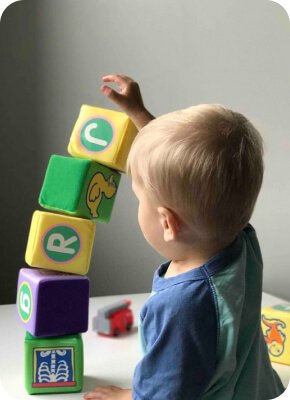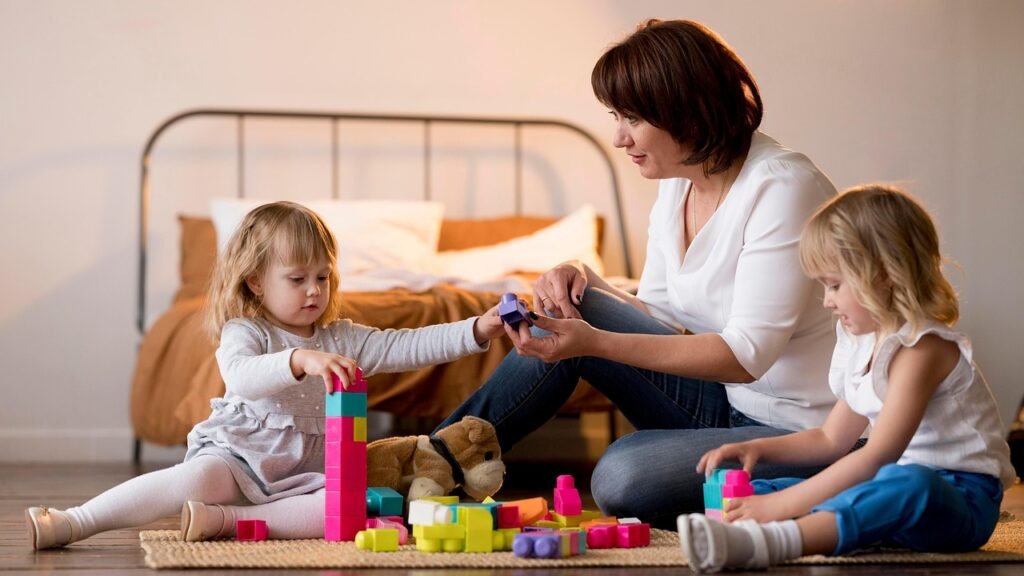Speech and language progress happens gradually—and the small moments you share with your child each day play a big role in helping them grow. At Vero Speech Therapy, I believe speech practice should feel natural, positive, and connected to real life, not forced or stressful.
Here are this week’s speech therapy tips to help support your child at home—simple, meaningful habits that encourage clearer speech and stronger communication skills.
1. Use Visual Supports to Help Your Child Understand and Express Words
Children often learn language better when they can see what they are hearing.
📌 Try This:
Use pictures, objects, or gestures to go along with the words you are introducing.
- Point to your mouth when producing a sound
- Use pictures during routines (like a morning chart)
- Show objects while naming them
This strengthens both comprehension and word recall.
2. Highlight One Sound at a Time
Instead of trying to correct every word, pick one sound to practice consistently for the week.
🎤 For Example:
If working on the “B” sound:
- Say “b-b-ball” slowly and clearly
- Emphasize the lip closure
- Encourage your child to watch your mouth as you speak
Clear modeling helps them imitate more confidently.
3. Practice Turn-Taking During Play
Turn-taking teaches communication timing, patience, and social language.
🎲 Use any toy: cars, blocks, dolls, bubbles.
Say phrases like:
- “Your turn.”
- “My turn.”
This simple habit helps your child learn conversational rhythm and back-and-forth interaction.
4. Slow Your Own Speech to Help Them Slow Theirs
Children often speak quickly because they’re thinking quickly. When you slow your speech, they naturally follow your pace.
🌟 Tip:
Use smooth, steady speech with gentle pauses.
This helps your child organize their thoughts and form clearer sentences.
5. Give Choices Instead of Yes/No Questions
Choices encourage longer responses and build sentence structure.
🥤 Instead of: “Do you want a drink?”
✅ Try: “Do you want water or juice?”
Then expand their answer:
Child: “Juice.”
Adult: “You want juice! Let’s get juice.”
This supports both vocabulary and expressive language growth.
6. Celebrate Effort, Not Accuracy
Your child learns best when they feel supported and successful.
🎉 Say things like:
- “I love how you tried that sound!”
- “Great talking!”
Encouragement builds confidence—which builds progress.
Speech Growth Happens One Small Step at a Time
No two children follow the exact same path—and that’s okay. The key is consistent, supportive communication, both at home and during therapy.
At Vero Speech Therapy, I help families learn how to turn everyday routines into opportunities for meaningful speech growth—without pressure or burnout.
👉 Contact Us Today to connect with Pamela Cerrato and explore personalized strategies to support your child’s speech journey.
Every word your child speaks is a step—let’s help them take the next one with confidence.




